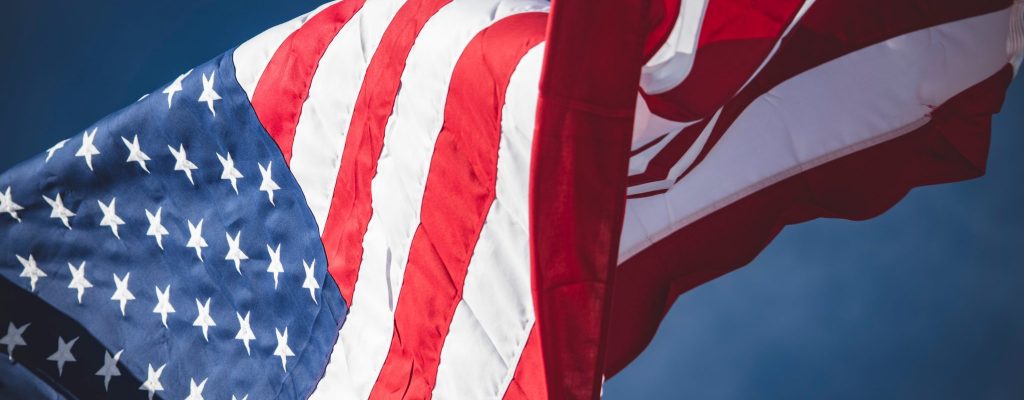After 9-11 and Where We Are

Did the events of September 11, 2001 change U.S. freedom in a way that can not be regained? (photo/ J. Sailer)
By Official Pausetape Staff
July 21, 2021.
Updated January 7, 2025.
The World Trade Center attack took place in New York City on September 11, 2001.The USA never had a credible explanation justifying the invasion of Iraq on March 19, 2003. Mainstream media was slow to emphasize the lack of justification for the Iraq invasion. Today, the international press is more open to discussing the mistake, and the damage caused by those actions.
With each passing day, government insiders increasingly speak out about the legal disregard that the War in Iraq represented. A November 20th, 2003 article in The Guardian titled, War Critics Astonished as US Hawk Admits Invasion was Illegal, by Oliver Burkeman and Julian Borger explained why the invasion of Iraq was illegal. Burkeman and Borger stated how, “International lawyers and anti-war campaigners reacted with astonishment yesterday after the influential Pentagon hawk Richard Perle conceded that the invasion of Iraq had been illegal.” Astonishment may have finally been expressed, while at the common level, the public knew that the invasion of Iraq was unjustified from the very beginning. Everyone knew.
The international community spoke against the US invasion of Iraq, but a different agenda had already been set in motion. Burkeman and Borger went on to say, “… Mr. Perle, a key member of the defence policy board, which advises the US defence secretary, Donald Rumsfeld, said that “international law … would have required us to leave Saddam Hussein alone,” and this would have been morally unacceptable.” The Iraq invasion destroyed U.S. credibility in the eyes of the international community, and that credibility has never been restored. Mainstream journalists seldom pressed the Bush Administration about the Iraq invasion. At the time, no criticism was allowed, and the whole world saw what the U.S. had openly become.
The Mirror, in a July 10th, 2016 Op-Ed piece titled, John Prescott reveals his guilt at the ‘illegal’ Iraq War will haunt him for the rest of his life, voiced the same level of regret that U.S. Defense Secretary Robert McNamara voiced in stating that the Vietnam War was a mistake. Similarly, John Prescott explained how, “As the Deputy Prime Minister in that Government I must express my fullest apology, especially to the families of the 179 men and women who gave their lives in the Iraq War.” Hindsight paints a different picture, but there was something else to consider. High level decision-makers hae a different point of view about what is allowed to happen in wars where soldiers are draftees, as opposed to when the soldiers are enlisted personnel. There is an unspoken sentiment which says that enlisted soldiers are responsible for whatever happens to them during their military experience because they volunteered for it.
When the U.S. decided to invade Iraq, the international community refuted their evidence that was being used to justify a military attack. In a September 16th, 2004 BBC News story titled, Iraq War, illegal, says Annan, the late United Nations Secretary General said, ” … the decision to take action in Iraq should have been made by the Security Council, not unilaterally.” The invasion of Iraq was an unfortunate situation, because revenge seemed to be the motive. The U.S. press got part of the plan right, in questioning the validity of the reports which said Iraq had weapons of mass destruction. Those accusations held no factual evidence and the military intelligence community knew exactly which weapons Iraq possessed.
John Prescott went on to say that, “These reports were based on discussions at receptions and prejudiced sources. As I told the Iraq Inquiry, the intelligence seemed to be tittle-tattle, not hard evidence. We now learn from Chilcot that even the intelligence agencies warned of the inadequacies or reliability of such intelligence sources.” The way that Iraq was invaded changed U.S. society from that point forward. Fear fueled the rise of the U.S. Surveillance State. The creation of The USA Patriot Act of 2001 ( and the section 215 extension via The USA Freedom Act of 2015), the Homeland Security Act of 2002, and the National Defense Authorization Act of 2012 were all byproducts of the illegal invasion of Iraq in 2003.
©Official Pausetape. All Rights Reserved.
